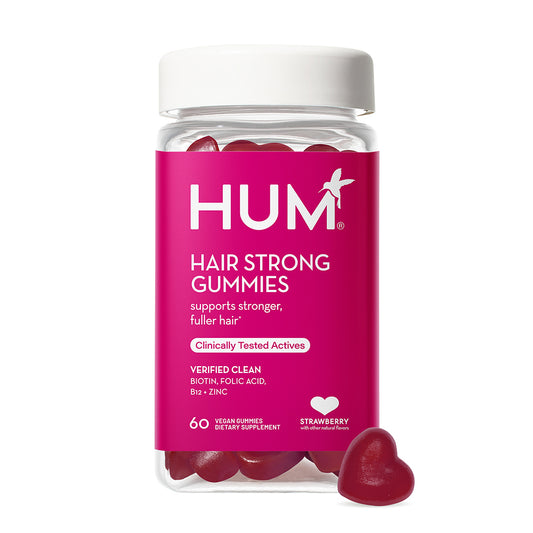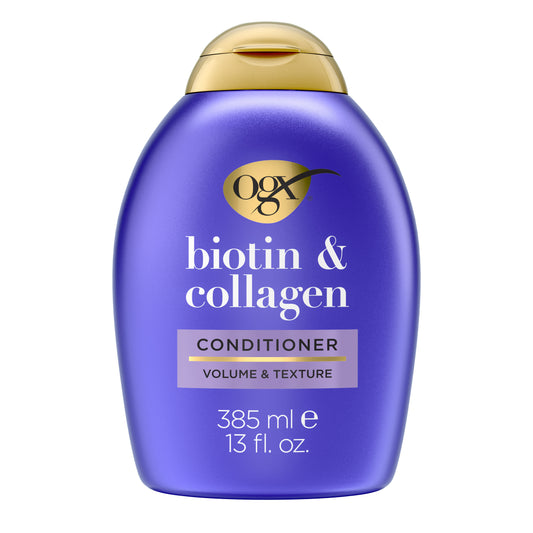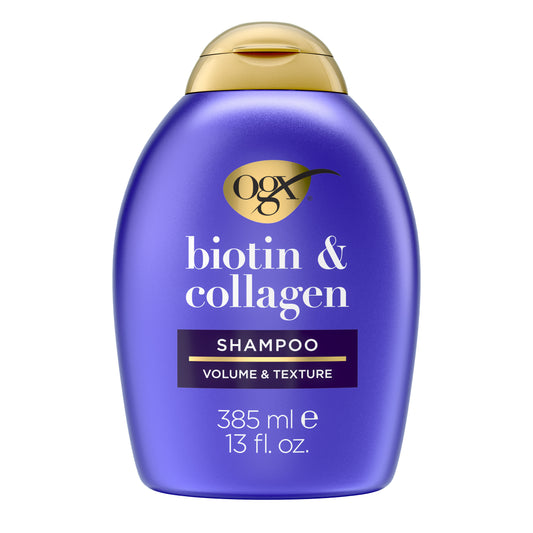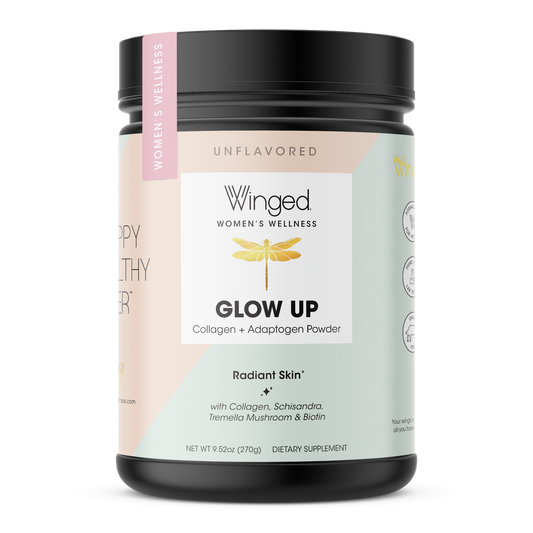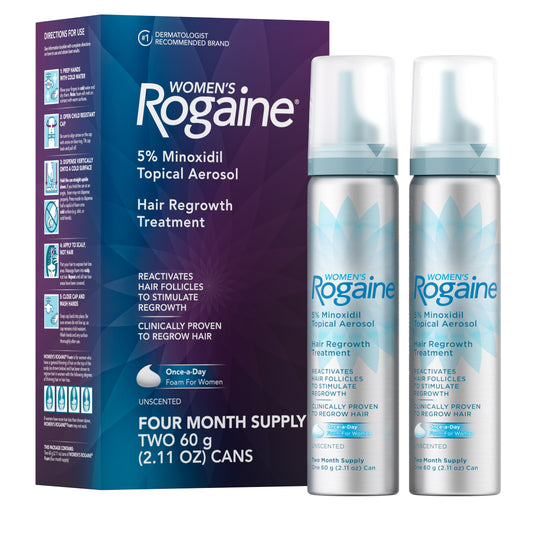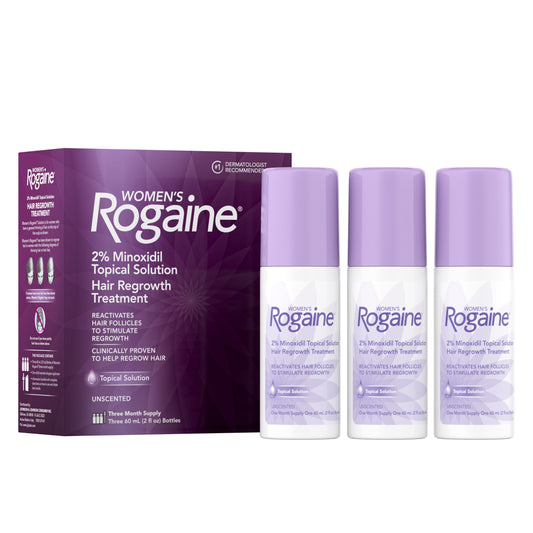The Versalie Ambassadors are a group of everyday people who are currently experiencing the ups and downs of the menopausal transition. They’ve been working with us to help build Versalie. Their experience and insights help us test our ideas, learn, and improve what we were creating. Their stories have the power to create real change.
We hope you see yourself in their stories — their symptoms, their highs and lows — and find that you’re not alone in this beautiful (but sometimes chaotic) phase of life.
Versalie Ambassador – Drea, age 47
Perimenopause, started at age 35
6+ symptoms, including hair loss, weight gain, night sweats, acne, low libido, irregular periods
When and how did you first realize you were in perimenopause?
First, it was the rapid hair loss and extreme weight gain all of a sudden. Probably prior to that, now that I think about it, was the low libido.
Now, depending on the week, some other symptoms would be irregular cycles and temperature changes. Not necessarily hot flashes, but night sweats. And then lately, I don't know if it's a symptom or not, I've been strangely very cold.
You mentioned a few of your symptoms. Can you talk more about them and how they’ve affected you?
Right now, my hair growth is getting better, weight is getting more predictable and better, and then libido, still the same.
As far as affecting my daily life, it’s the visual, cosmetic piece. When you're losing hair rapidly, you know it. People might say, “Oh, you got a haircut. It looks cute.” But you know it's falling out all over the place. Then there’s the shedding, so you're always brushing things off, leaving hair everywhere, and then you feel horrible about that.
One of the biggest things was getting so down on myself. I don't want to look in the mirror to curl my hair anymore. It's annoying because I have to find the smallest curling iron or it's an in-your-face reminder of what in the world is going on. The hair loss also affected how attractive or womanly I felt. That has been the hardest thing day-to-day dealing with the change.
And there’s also the hormonal acne. I'm 47 years old and still trying to figure out what treatment will work, which is extremely difficult because I also have aging skin. As a person of color, I could end up with hyperpigmentation. So, trying to figure all that out on top of what cystic hormonal acne looks like is a “joy”.
I have arthritis in my spine, my hip, and my knees. What I’m doing now is just pain management. I definitely see an impact as I start getting older. I don't know if it's connected to it or if it's just the age or what. Just making sure I’m up and walking at work, trying to be less sedentary.
 I would say the least of my worries has been the night sweats. It's annoying, but you put a fan on. You just figure it out. At work, I always have a sweater and repeat the process of putting it on, taking it off. At home, I set my pajamas out and just change them if I have night sweats. In the middle of winter, unfortunately, you're freezing people out of the room, and you just open up a window halfway and have the ceiling fan on.
I would say the least of my worries has been the night sweats. It's annoying, but you put a fan on. You just figure it out. At work, I always have a sweater and repeat the process of putting it on, taking it off. At home, I set my pajamas out and just change them if I have night sweats. In the middle of winter, unfortunately, you're freezing people out of the room, and you just open up a window halfway and have the ceiling fan on.
"You learn to adapt and figure out what you need to do."
What have you tried to do so far to manage your symptoms? Is there anything you’d like to try?
In the past, I've tried everything from hormone replacement therapies to testosterone creams, progesterone pills, hormone therapy pellets that are inserted slightly under the skin. I've done acupuncture, I've done yoga. I've changed my diet.
I’ve spent a lot of time on the hair loss because I actually thought that there was something pre-cancerous going on at first. That's where I was in terms of being worried about what was going on. Not thinking at all that this was where I was in my life at that point in time, especially with the weight gain and then the hair loss. I went and saw general care physicians and dermatologists. They wanted to do a scalp biopsy to see if it was something within the scalp and the skin that was causing it, like alopecia or whatnot.
I also looked at my stress because it seems like it's always just stress, let's start there. In the span of a few years, my mom passed, I got married and had my kid. To help with stress, I tried meditation, all of those things to try to get it under control, to see if it was related to stress. I went through the checklist of try this, this, and this.
I had done my blood panels a couple times just to see what levels were. I added that information in with the different options the doctors told me about into one big search online. That’s when the fact that it might be hormone related continued to pop up. I then took this to my doctor and asked if it was a possibility.
At one point, I just shaved all my hair off, cut it down. I wanted to see if it would grow or do something different than what it's doing right now. I was just tired of it and wanted to try something. I was thinking, this is just hair, so what else can we do? I think it was me reacting to the fact of this is what it's going to be. So, what am I going to do? What are we going to figure out? How am I going to deal with it? How am I going to walk around? How am I going to look at myself in the mirror?
 When I gained weight, I tried eliminating certain things from my diet to try to drop weight and do whatever I could do as fast as possible and figure out what in the world was going on. I found out dairy was a big one for me. I don't like pasta, I don't like bread, so I rarely have grains at all. So those are things that I still stay away from those, limit as needed. I have anemia and know protein is a big one I know I lack and need too. I do need some red meat, or I need to find that in other ways. Every meal, trying to have your protein, good carb, good fat.
When I gained weight, I tried eliminating certain things from my diet to try to drop weight and do whatever I could do as fast as possible and figure out what in the world was going on. I found out dairy was a big one for me. I don't like pasta, I don't like bread, so I rarely have grains at all. So those are things that I still stay away from those, limit as needed. I have anemia and know protein is a big one I know I lack and need too. I do need some red meat, or I need to find that in other ways. Every meal, trying to have your protein, good carb, good fat.
The low libido has been one of the more challenging parts. For the libido, there was some new prescription out there for women a couple years ago. My doctor said I should try it, but it wasn’t a good fit for me.
Have you talked to a medical professional about your perimenopause symptoms? How’d that go?
Originally, I was going to my general practitioner. He’s male and I’ve been seeing him for years. But I decided to also see a female provider who was recommended by somebody I had spoken to who was going through some of the same things. Talking to her is how I got into some of those other hormone type treatments. Along with those, I did see a holistic physician as well. She suggested vitamins and that type of thing.
As an African Americans, especially a black female, it’s hard to go to the doctor because we don’t feel heard. Mental health also isn’t often talked about the African American community, so you have something related to that, I think that's another hurdle to try to navigate. Especially, when you can't explain what’s wrong when you're at the doctor.
It's frustrating because I have no idea what's going on with my body. That's why I'm going to a doctor to figure out what's wrong with me. I've had so many experiences of doctors just giving me something to take, rather than really working with me to get to the root of the problem. I feel I'm done taking all that stuff. I don't want any more of it.
Did anyone talk about menopause growing up? Did anyone talk to you about menopause before it happened?
They called it “the change”. We knew about hot flashes and night sweats, but as a kid, we thought you had to be super old for those things to happen to you. Growing up, that’s how it was put out there.
The first thing that I remember about mom was that ragey moment. And now I get it. We were all teenagers because my sisters and I were pretty close in age, so we were all cycling at the same time, essentially. And she came home and was like “I don't need this” and took every trash can out of the bathroom. We were like, “But what are we gonna do now? We need those in the bathroom. Why are you taking these out of it? What's happened?”
 And that's what it was. She apparently didn't need them anymore, so nobody got them. Looking that far back, that's the very first thing that I remember vividly, probably leading up to menopause. There were no discussions but looking back, I can tie it to menopause. And I also did the same thing when my periods started becoming irregular.
And that's what it was. She apparently didn't need them anymore, so nobody got them. Looking that far back, that's the very first thing that I remember vividly, probably leading up to menopause. There were no discussions but looking back, I can tie it to menopause. And I also did the same thing when my periods started becoming irregular.
My mom started pretty young as well, because she would have only been in her late 30s/early 40s at that time. So that's kind of when we asked, “Is this traditionally all the women in our family?” There’s very dominant female genes in our family, and it’s matching up with that. Like I said, I'm the youngest in my family of the 3 of us, and it’s pretty much matching that.
What role have your family, friends, and partner played in your menopause journey? Have you seen any changes in those relationships?
As it went on and on, I talked to my two older sisters. We shared like, “Oh, my gosh, I'm having this. You know, this is horrible. I'm having this and it's like, yeah, me too.” But I didn’t talk in depth with anybody. It's just kind of everyday conversation when it comes up, if something comes.
With my nine-year-old, they did the boy/girl separated talk. They came back and shared all kinds of things, which was great. We’ve talked a lot at home as she’s grown up because of my background in education. Now that it’s more on her mind, it’s very interesting. Like I’ve said that a period can last 3-7 days. She can recognize, you didn't have one or why is it just 3 days for you? I'm one of the lucky ones that it's only 3 days for me ever. That's all it's ever been. So for her, there's a lot more questions about it, and it's getting trickier because it's different for everybody.
And when she's recognizing with me that, what do you mean, all women? But it doesn't happen to you. Yours looks different now. Having to explain to her that as you get older, bodies change.
With my husband, the only time it comes up is if I get ragey, he's like, “Is everything okay? You're just so snatchy.” It's like, okay, let me get that in check. He also might ask, “What happened to your pajamas? Why'd you change pajamas last night?”
And then, of course, the zero to low libido would be the biggest impact for him. Not that it's anything that's ever, like, been daily discussions or in depth or anything like that. He’s very understanding, very caring. But that would be the conversation.
What I wish I knew: What would you tell your younger self about menopause if you could go back in time?
It's a process and no two are alike. There's nothing "wrong" with me. Talk to others, treat the symptoms, and research early and often.
 Are there any misconceptions, myths, or stigmas about menopause that you want to debunk or clarify?
Are there any misconceptions, myths, or stigmas about menopause that you want to debunk or clarify?
I don't know if it's a myth or not, but the idea that replacement therapies are the go-to, first-try option. That's what I heard about the most, even before I started looking into things. I remember hearing that a lot, but I'm not sure how I feel about it. So that might be a misnomer. There are many options, and what you do to manage it can really depend on many factors.
What advice would you give to others starting or going through the menopausal transition?
Know that you're right, if that makes sense. Like when people are saying, “Well, you're getting older, that's just normal. That just comes with age. You had a kid, that's just normal.” But you do know what’s normal for you. You know when something is going on.
That's easier said than done, of course. But I think that's a piece of it. And to be able to find someplace to be able to have a conversation. To be able to have that sounding board of someone telling you you're not out of your mind.
Even with good friends and things like that, there's some of those things where it might be easier to talk to a stranger or somebody who you have a slight connection with versus somebody that you know in your world very well because it is a very personal, individual event. And that fear of being the oddball out, being too much, not having people identify with what you're going through.
What's an unexpected improvement in life now, as you’re aging and going through perimenopause?
I've started new HRT since my cycle has officially stopped and I'm finding sleep is better, little to no hot flashes, and night sweats are few and far between.
Why did you want to become a Versalie Ambassador?
I was excited about the work being done in this area and the direction Versalie was going in women’s health. I didn’t really talk about my journey prior, but working with the team helped me realized that my story could benefit others.
What’s your favorite part about being an Ambassador?
I loved working with the team and other Ambassadors. We have laughed, cried, and learned along the way. Finding new information and resources has been an added bonus.
What’s the biggest change you’ve made since joining as an Ambassador? What’s one thing you’ve learned about menopause that you think is critical to share with others?
The biggest change has been talking about menopause to others openly, especially health professionals.
“I am a stronger advocate for myself in this area 100%!”


